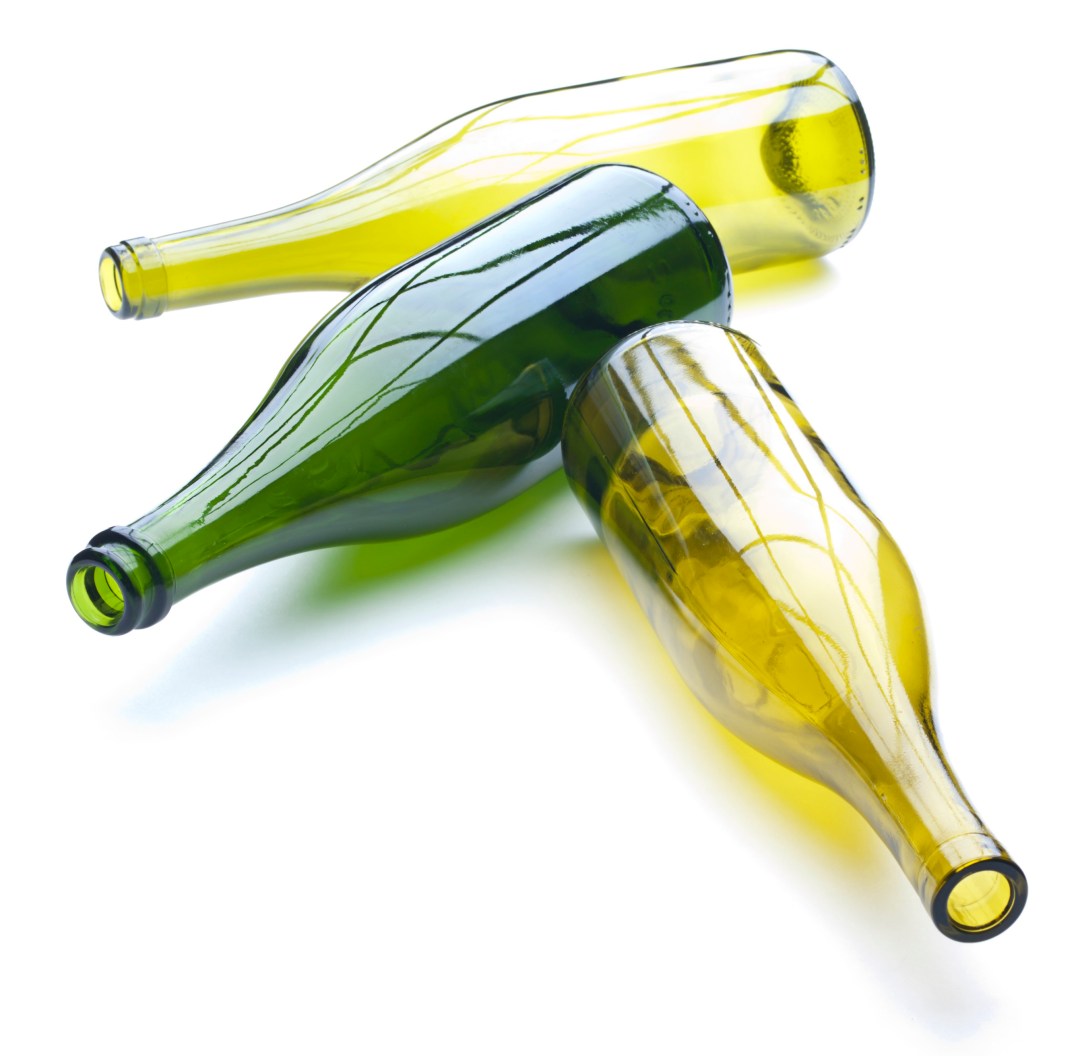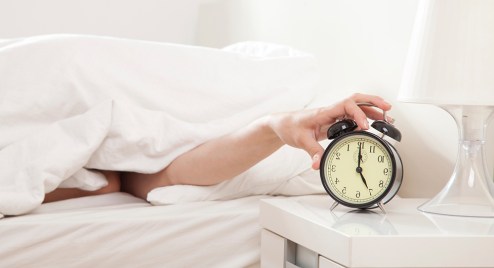Is alcohol affecting your mood?
Is that nightly glass of pinot grigio affecting your mood? You might think it is making you feel happier, but what if it’s really making you feel more like the glass is half empty? Sandra Newington suspected it might be the latter in her case

A psychologist on TV talking about alcohol recently said something that made me sit up and pay attention: that we may think people drink because they are unhappy, but it is often the other way around – it is the alcohol that makes us depressed.
Now why would these words cause a lightbulb moment for me? I am no great drinker. Children have long since put paid to drinks after work. I look forward to a glass of wine before dinner, but a small one, just to take the edge off the day. I have a few beers with my partner or friends at the weekend, but usually less than anyone else in the room. I am also not depressed – or no more so than anyone else anyway.
And yet… that psychologist’s words kept coming into my head, as though they were somehow relevant to me. So I decided to find out. For one month I would restrict alcohol to Friday and Saturday nights only, and keep a diary to monitor the effect on my mood.
Two months on, midweek abstinence has become a habit, and unless it’s a big occasion I am drinking less at the weekends too. Without booze I feel better. I am more optimistic, less irritable, and on more of an even keel. There is less sweating the small stuff, and less extrapolating into anxiety and dramas.
Will I keep it up? Well, in a way there is no going back – because my eyes have been opened. What my experiment has shown me beyond doubt is that the further I get from having a drink, the better I feel, and without being able to explain it, the better life goes for me. The changes are subtle, but really noticeable and wholly positive.
I don’t think I will ever give up drinking entirely. A wild night out or an evening shared with friends and wine will always be a delicious pleasure. But something fundamental has changed. For years I have drunk mindlessly, but now I notice how alcohol makes me feel, and the truth is, for the most part, I’m just not that impressed.
Alcohol and mood
Dr Sally Marlow, a research scientist specialising in women and alcohol at the Institute of Psychiatry, Psychology and Neuroscience, shares some facts:
- People drink to alter their mood, but the evidence suggests that men are more likely to drink for risk-taking reasons, whereas women are more likely to drink alcohol in response to depression, stress or anxiety.
- Alcohol is a depressant, and is described as such in scientific literature. Anxiety is very closely related to depression, so alcohol can also worsen symptoms of anxiety.
- The effect of alcohol is complicated because it works directly on at least five different neuroreceptors. Alcohol also acts indirectly on neuroreceptors for chemicals such as serotonin, which people often refer to as ‘the happy drug’, and dopamine, which is the neurotransmitter mainly responsible for the brain’s reward centre.
- If you have a drink it relaxes you and reduces inhibitions, and that is a depressant working in a positive way. However, the problem is, for some people who are more vulnerable or prone to depression or to drinking too much, alcohol can quickly become a depressant in a negative sense.
- Different people have different levels of being able to process alcohol, both in terms of their brain and their liver functions. So if you are unlucky enough to be a slow metaboliser of alcohol, then it is possible that even one drink could have
- an effect.
- If you are prescribed antidepressants and you are drinking two or three glasses of wine a night, they might not work, as the alcohol could be fighting the antidepressants to act on those serotonin neuroreceptors.
- If you go to your GP and say that you are depressed and drinking every night, the doctor might ask you to stop drinking first to see if the alcohol is causing your depression.
For more information go to nhs.uk/Livewell/alcohol
Photograph: iStock









